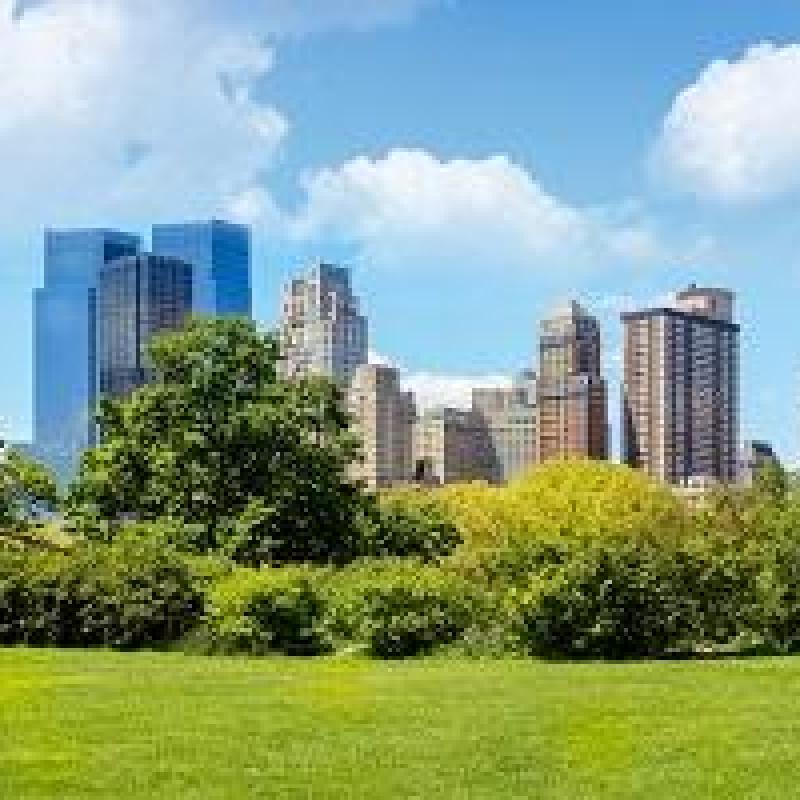
Urban forests can help future-proof cities
Cities, which are already responsible for around 75% of global CO2 emissions, are also at the forefront of fighting climate change and simultaneously are particularly vulnerable to its impacts. Urban trees and forests have been highlighted as a solution that can help to achieve the SDGs and make the cities resilient to the future impact of larger populations, higher temperatures, pandemics, weather extremes and natural disasters.
Sometimes called a nature-based solution, sustainable urban forestry was identified by experts from national governments, city governments and civil society as a cost-effective option to future-proof cities during a round table on this topic jointly organized by UNECE and FAO during the UNECE 2022 Regional Forum on Sustainable Development. Sustainable urban forestry brings multiple benefits, including improved public health and well-being, reduced ambient temperatures, more vibrant neighborhoods, support for biodiversity, increased energy efficiency, green job creation, opportunities for urban food production and reduced risks of floods and landslides, among others.
Highlighting the contribution of urban forests to sustainable development and climate action, the European Union, for example, is discussing moving towards legally mandated targets to increase green spaces and canopy cover in European cities up until 2050. City-level efforts to increase urban tree and forest cover – as also highlighted at the Forum of Mayors – are rapidly expanding, which on top of efforts for the SDGs and the climate, bring valuable contributions to their citizens’ quality of life.
Managing urban trees and forests as part of an integrated ecosystem and over the long-term is equally important. Tree planting must be based on careful planning, accompanied by sufficient resources for long-term management to ensure that urban trees and forests grow to maturity and provide their many benefits.
In addition to actions by cities, national governments can support urban forestry through supportive policies and targets, standardized data collection, financial support and cooperation across boundaries and sectors.
Engagement and empowerment of communities, including vulnerable populations and youth, is critical during planning, planting and maintenance of urban forests. Access to green spaces and urban forests should be equal for all, and there is a need to correct existing disparities in tree and forest cover among different city neighborhoods.
The event highlighted multiple initiatives promoting and supporting urban forestry, including UNECE’s Trees in Cities Challenge, which has generated pledges to plant over 11 million trees in urban forests by nearly 50 cities, as well as the Tree Cities of the World programme of FAO, which has recognized 120 cities for meeting five core urban forestry excellency standards.
Watch the event recording here: SDG 15 (II): Urban forests for future proof cities - Regional Forum 2022 | UN Web TV
More information about the UNECE Trees in Cities Challenge: https://treesincities.unece.org/
Register your interest to join the UNECE Informal Network of Experts on Sustainable Urban Forestry: https://treesincities.unece.org/informal-network-experts-sustainable-urban-forestry#sthash.qlUomxl8.dpbs
More information about the FAO Tree Cities of the World programme: https://treecitiesoftheworld.org/

